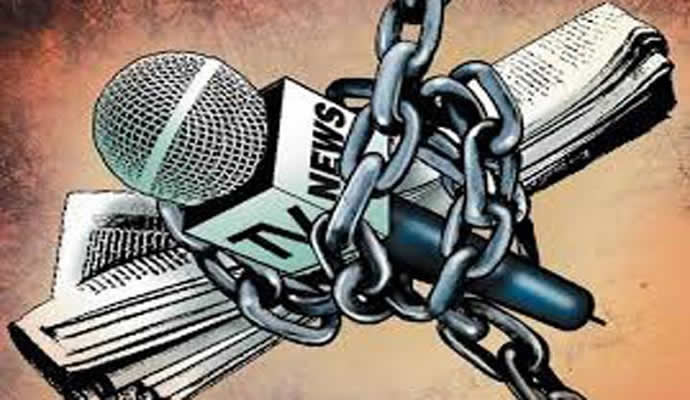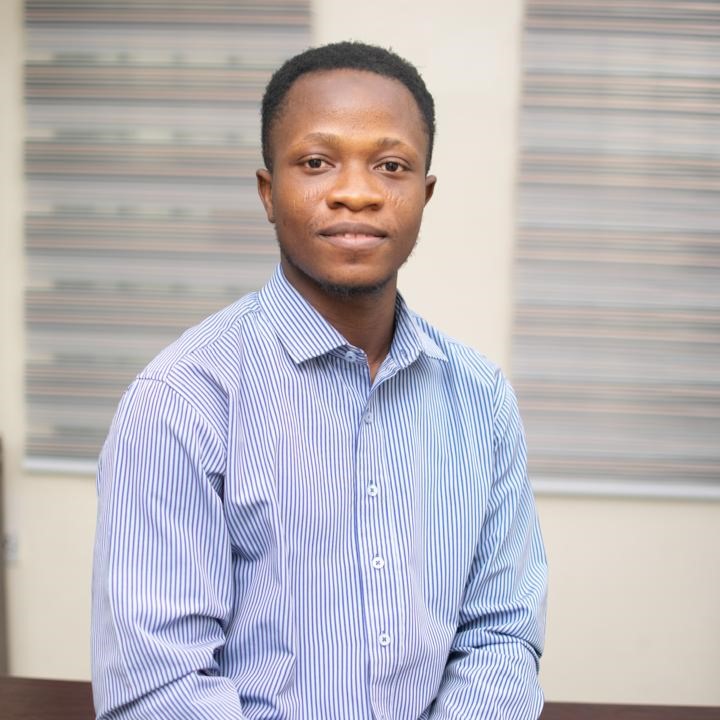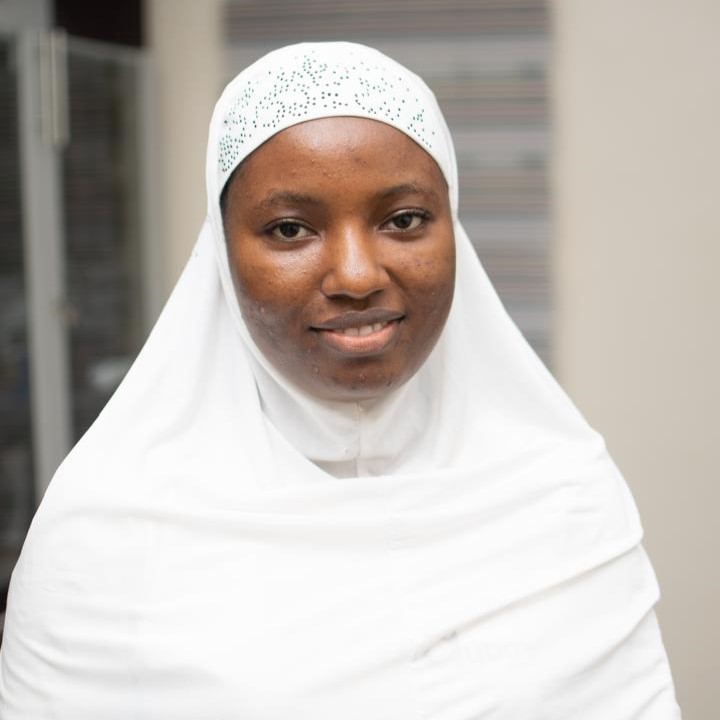In commemoration of 2025 World Press Freedom Day, Nigerian journalists, and media advocates have added their voices to the global discourse, reflecting on the future of press freedom in an era shaped by artificial intelligence (AI).
At different forums, they highlighted both the risks and the reforms needed to safeguard ethical journalism.
The United Nations General Assembly declared 3 May to be World Press Freedom Day, observed to raise awareness of the importance of freedom of the press and remind governments of their duty to respect and uphold the right to freedom of expression enshrined under Article 19 of the 1948 Universal Declaration of Human Rights.
This year’s commemoration focused on the profound influence of AI on journalism and media under the theme ‘Reporting in the brave new world: The impact of AI on press freedom and the media.’
As the world increasingly embraces AI, media professionals and advocates have raised concerns over the future of journalism, calling for urgent reforms to protect press freedom in a fast-changing digital landscape.
IPC, MRA call for responsible use of AI
In commemoration of this year’s World Press Freedom Day in Lagos, the Executive Director, International Press Centre (IPC), Lanre Arogundade and the Executive Director, Media Rights Agenda (MRA), Edetaen Ojo, called for responsible use of AI.
According to Mr Arogundade, AI surveillance, among other things, is silencing journalists as governments and private entities increasingly deploy AI-powered monitoring tools to track journalists.
He cited a 2024 UNESCO report, which revealed that 47 per cent of Nigerian reporters have experienced AI-facilitated surveillance, including facial recognition tracking and predictive policing algorithms targeting critics.
“AI must not become a tool for repressing Nigeria’s Press Freedom environment, which is already strained by cybercrime laws, internet shutdowns and attacks on reporters, among others. We demand immediate measures to ensure AI serves democracy, not undermining it. AI will not replace journalists, but without safeguards, it can replace truth with manipulation, accountability with control, and press freedom with algorithmic oppression.
“The Safety and Protection of Journalists (SPJ) Hub of the IPC Nigeria is calling on stakeholders to defend the right to truthful information. The future of journalism must be brave, not automated,” Mr Arogundade added.
Also, Mr Ojo disclosed that MRA has launched an informative visual brief to highlight the urgent need for responsible and ethical deployment of AI in journalism, particularly within Nigeria’s media landscape.
In a statement issued by his programme officer, John Gbadamosi, Mr Ojo submits that AI is quickly changing the way news is produced and consumed, adding that it offers powerful tools that can assist journalists in analysing data, translating stories into local languages, and extend the reach of vital information.
“While AI can be used to advance journalism, it can also easily be exploited to spread disinformation, and create deep fakes among others. Today, journalists in Nigeria face threats that go beyond physical dangers such as digital, algorithmic, and systemic harms and challenges. This however, requires that media professionals ensure that AI enhances, rather than undermine media freedom and that technology is used to promote the truth, not distort it.”
AI not a neutral actor – Ololade
To mark the 2025 World Press Freedom Day, the Wole Soyinka Centre for Investigative Journalism (WSCIJ) on Monday organised a conversation themed ‘Can the press stay free in an AI-Driven world?’
Submissions from speakers at the event underscored one central message, that the press must adapt smartly and ethically to survive the AI tide.
An associate editor at The Nation Newspaper, Olatunji Ololade, who spoke at the virtual event, raised a red flag about the unchecked integration of AI into journalism.
Mr Ololade warned that AI is no longer passive, noting that it is not a neutral actor in the newsroom. According to him, reliance on automated systems can lead to propaganda-laced content, stressing the need for a return to human-driven reporting.
“AI decides what news gets seen, and how it is presented. Without fieldwork, journalism loses its soul. We must re-emphasise the ethics of truth-telling and investigative rigour. It’s about time we had a conversation revolving around our need to see AI as a mere tool to aid journalism practice. It shouldn’t form the core of our practice.”
“When you go to the field, it furnishes your reportage with a humane approach to the issues manifesting. You have the respondent driven narrative which would always be very very different from what you get when you sit at your desktop and just monitor reports from the internet. What you do then is that you play the role of a curator and what you curate would actually be an inconsistent and inaccurate version of the event,”
“So, I will always say in the spirit of transparency and accuracy, you will always need to go to the field and get your story done.”
He called for the creation of AI-resistant journalistic archives to preserve facts and prevent data manipulation by powerful actors using AI tools.
Algorithms now curate news – Tijani
Also sharing his thoughts at the WSCIJ event, the director of projects at Cable Newspaper Journalism Foundation, Oluwamayowa Tijani, noted that AI-driven algorithms are increasingly determining how and to whom stories are distributed.
Mr Tijani revealed that his research on AI over two years shows that “We would have more AI generated content on the internet than human generated content.”
According to him, even when journalists do great work, algorithms decide who gets to see it. “Journalism is in the era where reports don’t go to the general public directly but to selected few who have shared interest in the category of the report. They are now filtered for segmented audiences,” he explained.
He however cautioned that this shift could worsen misinformation and erode the democratic value of journalism while he called for transparency in newsrooms. “The level of AI involvement in reports should be disclosed to readers to promote transparency. If AI contributes to a story, readers should be informed. It’s a question of trust.”
Journalism must remain human-centred
During the conversation anchored by co-founder, Media and Information Literacy and Intercultural Dialogue Foundation, Chiamaka Okafor, the speakers maintained that AI should serve journalism, and not replace it.
They called for ethical safeguards, deeper training in investigative reporting, and more inclusive policies to ensure that the media remains a vital pillar of democracy.
“AI may predict the future, but it must not dictate the truth. That remains the duty of the journalist. There is the need to invest more in the training of the younger generation of journalists. Get them interested and passionate about actual field reporting.
“We need to demand brutal devotion to the ethics of the practice and more newsrooms should come up with coalitions to train their journalists well. We need to create and fund afro contextual AI tools rooted in preservation of editorial integrity,” Mr Ololade submitted.
Embrace AI responsibly – AMDF
Also to commemorate the day, the Africa Media Development Foundation (AMDF) in a statement commended African journalists for their resilience while urging them to strike a balance between embracing AI and protecting editorial integrity.
According to the foundation’s press freedom manager, Zhiroh Jatau, AI is already reshaping journalism across the continent, and practitioners must rise to the challenge of adapting without compromising ethics or professionalism.
The foundation acknowledged that while AI offers undeniable benefits, it also brings a fresh wave of problems such as the unchecked spread of false and misleading information, and the ease with which hate speech can now travel.
“There’s a thin line between freedom and manipulation in today’s pluralistic media space. Many African media houses are still struggling to catch up with digital transitions, leaving them sidelined in global conversations. Also, financial pressures are mounting, and with the growing reliance on digital tools, smaller media outfits risk being edged out, unable to retain audiences or stay afloat.”
AMDF warned that unless these outlets embrace technological advances, they may be seen as irrelevant in an increasingly digital world. It called on governments, civil societies, and the tech sector to work with the media to ensure responsible and inclusive technological adoption.
The foundation also urged journalists to take full responsibility for their place in the evolving information ecosystem, while paying tribute to journalists who have faced threats, intimidation, or even lost their lives in the pursuit of truth.
Media must prepare legally – Soyombo
In a televised interview on Channels Television’s Morning Brief on Tuesday, a Nigerian investigative journalist and founder of the Foundation for Investigative Journalist (FIJ), Fisayo Soyombo criticised what he described as a pseudo-democracy in Nigeria.
Citing increasing state intimidation and the shrinking civic space, he said, “This is not World Press Freedom Day, it is World Press Imprisonment Day. In a country where the police consider journalists cyber criminals, there is no other way to put it. Between 1986 and 2023, when Bola Tinubu became President of the country, 1,034 Nigerian journalists had been detained. By the end of the first year of Tinubu’s reign, 28 journalists had been detained.
“That figure is equal to the annual average of the last 38 years. More than half of that happened during the military regime, which tells you that in a democracy, press freedom is as bad or worse than what it was under the military regime. It is generally believed that once you are a journalist, you are anti-government, but we are not. The journalists want a better society, when government officials consider journalists anti-government, it means that there is a disparity in the wants of the two groups. Meaning that the people in government do not necessarily want a better society.
“At this point, I think it is too late to consider ourselves friends of the government, the data shows otherwise, because even when you try to hold people to account, they think you are against them. So, we do not have the same agenda, you want to steal, I want to expose your stealing, so, we cannot agree,” Mr Soyombo submits.
He advised all media outfits, especially the digital platforms to get a lawyer on retainer. “Every media organisation needs a legal shield. Journalism has gone beyond having a nose for news or knowing how to write, to watching your back or shoulder and ensuring that your security is prioritised,” he noted.
Mr Soyombo further stressed the need to discuss media sustainability, adding that the media must hold itself to a high standard and hold public office holders accountable.
“As long as politicians fund newsrooms, independence is a myth. We must seek sustainable, independent financing models if we are to hold power to account,” he said.



